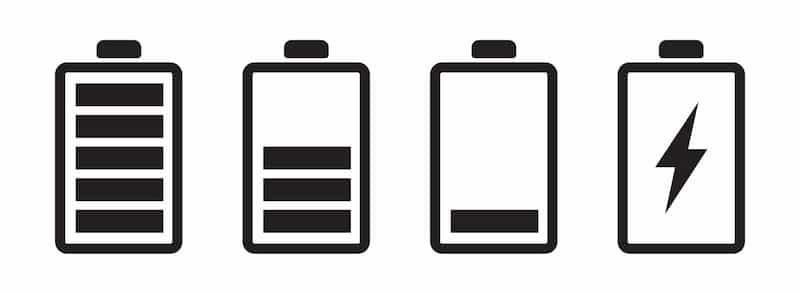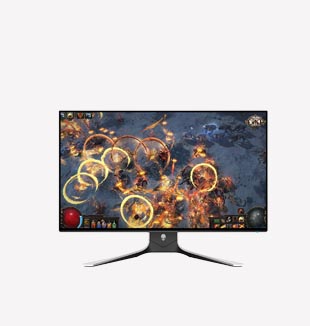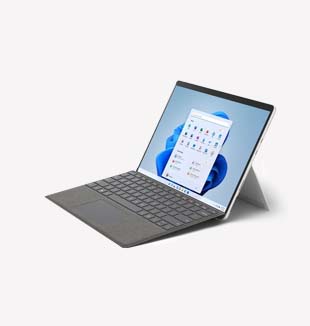-
Laptops
- Laptops
-
Desktops
-
Graphics Card
- Graphics Card
-
Monitors
-
Monitors
-
Monitors
-
Phones & Tablets
-
Phones & Tablets
-
Phones & Tablets
-
Brands
- Clearance
- Blog
- FAQ



Free UK Next Working Day Delivery*
Same Day Dispatch - Order Before 2pm
Hassle Free 30 Day Returns
Excellent Customer Support
Gaming Laptop Buying Guide
What do you need to consider when buying a gaming laptop?
What's a gaming laptop?
This means a laptop designed to do one job and do it well - play games. They come equipped with powerful processors, large screens, and fast graphics cards. The newer and more complex a game is, the better the parts you'll need to run it properly. The majority of 'retro-styled' games (think Minecraft, Roblox, Fortnite) can run on most machines. But you'll need something a bit more potent for everything else. Gaming laptops are also just as happy processing spreadsheets or streaming Netflix as they are playing games.
This page covers the components of the laptop you're looking for as well as what to consider before buying. We go over recommended specs that will guarantee you a good experience. You don't always need to pay for cutting edge hardware to get a great gaming experience!
Any questions? We have laptops to suit all budgets and styles, please contact us, and we'll be happy to help you narrow down the field!
Already know what you want? Please have a look at our full range to see if we have it, otherwise please read on...


Set a Budget
Gaming on a laptop can be expensive. It's important that from an early stage you define how much you'd like to spend.
Forgetting the obvious - how much you can afford to spend - we'd recommend that you consider what you're looking to acheive, do you want to get the very best performance for the latest games, are you targetting just one main game you play or are you happy just to be able to play a few games on the go?
We've included the most important specifications to consider below. There's no getting around it - the more you spend, the better the experience will be. However, there's a good experience to be had at any price point, so don't worry, TEKshop has you covered!
Screen Size and Resolution
Choosing the right laptop starts with the screen. The size is important, but it comes down to personal preference. That said, a 13" laptop screen is likely too small for most people, so gaming laptops typically have screen sizes from 15" upwards, with the higher-end models now going up to as far as 18" in some cases! It's worth making sure that you'll be happy with your display - after all, it's the main point of focus for any laptop!
Once you have your screen size picked out, you'll need to consider resolution. This is a big decision as it usually has a direct bearing on how well a laptop will perform! Essentially the higher resolution, the better the image quality, but the faster the graphics card and processor needs to be in order to keep up.
The three most common resolutions are detailed below.
Most models will feature a Full HD (FHD or 1080p) display. These are ideal because they won't require the fastest (most expensive) graphics card to run, but are still capable of putting in a good quality and eye pleasing image.
If you wanted to take things further, then a Quad HD (QHD or 1440p) display provides sharper visuals and better overall image quality than Full HD, however, it will need a faster graphics card to run. This resolution also lends itself to providing a better experience than Full HD when the laptop is used for work as well as play - as it will leave more screen 'real estate' for documents and webpages to be displayed.
For the ultimate performance and sharpest image quality, you can get a 4K Ultra HD (UHD or 2160p) display. For most people this will be the point at which you're getting a diminishing return for your money - as anything bar the most expensive models won't have the performance to run games at this resolution. With anything but the largest displays, this resolution will not seem a marked improvement over Quad HD. However, if you're after the very best display quality, this is where you'll find it.
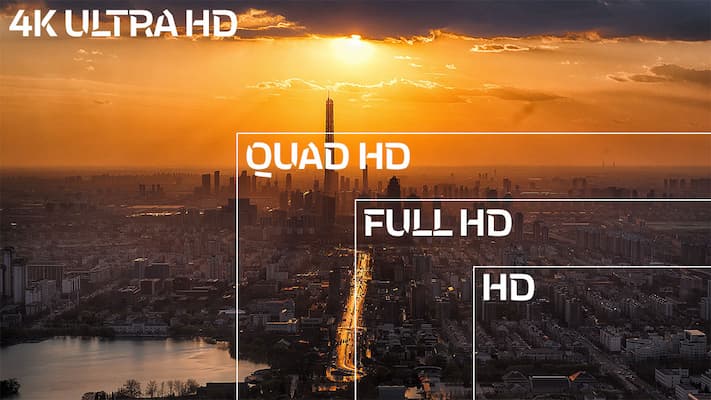

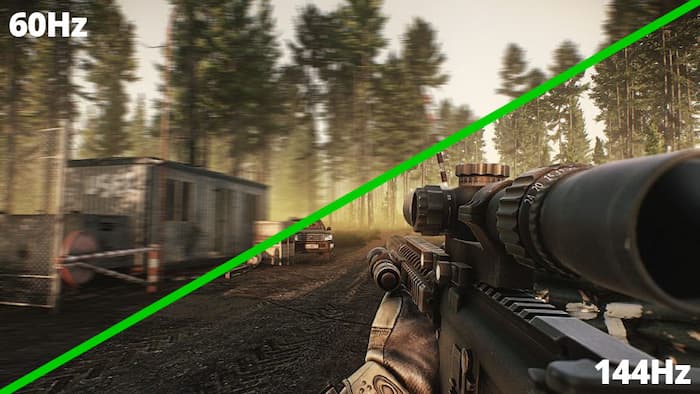

Screens and Refresh Rate
The refresh rate of your laptop screen is another important factor. A laptop with a 60Hz refresh and one with 144Hz will be visibly different. So much that it can affect the way you can play your games.
A 60Hz laptop is perfectly functional, and you can still play everything you'd like. At higher rates though, the visuals are smoother. You may be able to aim more effectively, or you'll notice you see details appearing on screen quicker. Resulting in a much better gaming experience.
60Hz is fine for most people, but for serious gamers you can't go wrong with 120Hz or higher. Plus, if your laptop is producing more than 60 fps, they won't all display on the 60Hz model. We highly recommend you pick a model that starts at 120Hz just so that you get the best experience possible.
Processor and Processor Speed
Most people think of processor speed when buying a new laptop computer. For general use, this is probably the single most important part. However, the processor isn't the only thing that determines the experience you'll have with a gaming laptop. Graphics, storage, RAM, and even the type of operating system all make a difference.
That said, for modern gaming, a fast processor with power in reserve is essential. Luckily, gaming laptops usually have well matched components. So this means that if you choose a laptop with a fast processor, you'll get good graphics too. For gaming in general, we recommend a minimum of an Intel Core i5 or AMD Ryzen 5 processor.
As with graphics cards - for complex, detailed games you will need to consider a more powerful processor. If your budget stretches, this will likely mean an Intel Core i7 or the equivalent AMD Ryzen 7. For the absolute best, to ensure a competitive edge - the Intel Core i9 or AMD Ryzen 9 are for you!
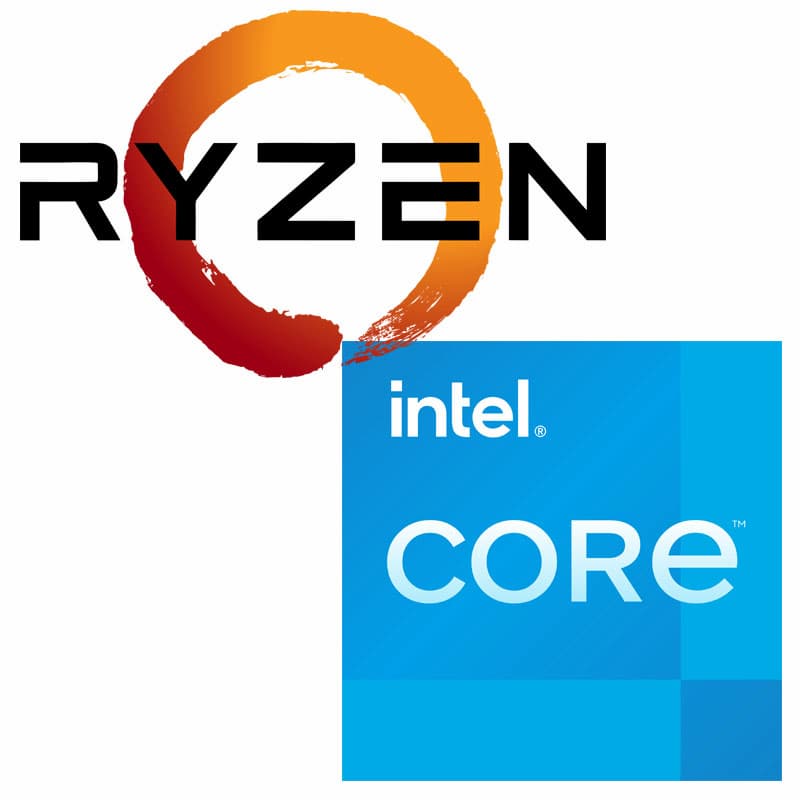

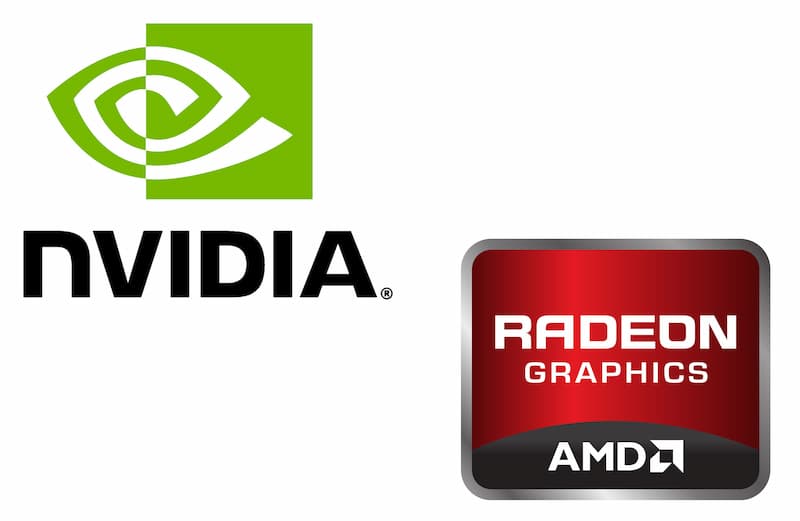

Graphics Card
A graphics card (GPU) is an essential component of any gaming laptop. In fact, it's arguably the most important part. It processes the data needed to display images on the screen. To play graphically intensive games, such as the big new releases, you'll need to make sure that you get a gaming laptop with the required level of graphics card.
While we at TEKshop love the top of the range, newest, all-singing all-dancing GeForce RTX series graphics cards from NVIDIA or the RADEON RX from AMD, you can also often pick up laptops with the previous generation graphics card for less money - while giving you most of the performance of the newer model.
Which display the laptop is equipped with will usually directly impact the graphics card choices you have available - as models featuring a higher resolution screen will inevitably need a higher-end graphics card to be able to take advantage of them.
The complexity of your chosen games will also have a large bearing on the graphics card you'll require - the simpler the game (again, Minecraft, Roblox, Fortnite), the less powerful graphics card you need.
Ray-Tracing
This is a 'buzz-word' in the gaming world and refers to a technique used by modern (usually higher budget) games to provide incredibly realistic lighting and environmental detail. Most newer graphics cards have the ability to process Ray-Tracing, however only the highest-end graphics cards can process it without a huge performance penalty. Unless you have a high-end laptop, it's probably best left switched off or ignored totally.
RAM / Random Access Memory
When you're looking for a powerful gaming laptop, you'll need at least 8GB of RAM as a minimum. This will allow you to run multiple programs at the same time. No more waiting for one program to close before starting another. It allows the machine to store more information in the faster RAM storage.
Most games don't require more than 8GB to run. If you're looking into gaming machines though, we recommend that you go with at least16GB of memory. This will allow the machine to be more effectively used for other things as well as gaming. Plus, it accommodates for future games that may be more intensive than the ones available today.
Finally, If you're streaming your gameplay over the internet. Via Twitch or similar, the extra RAM can help with handling the workload!
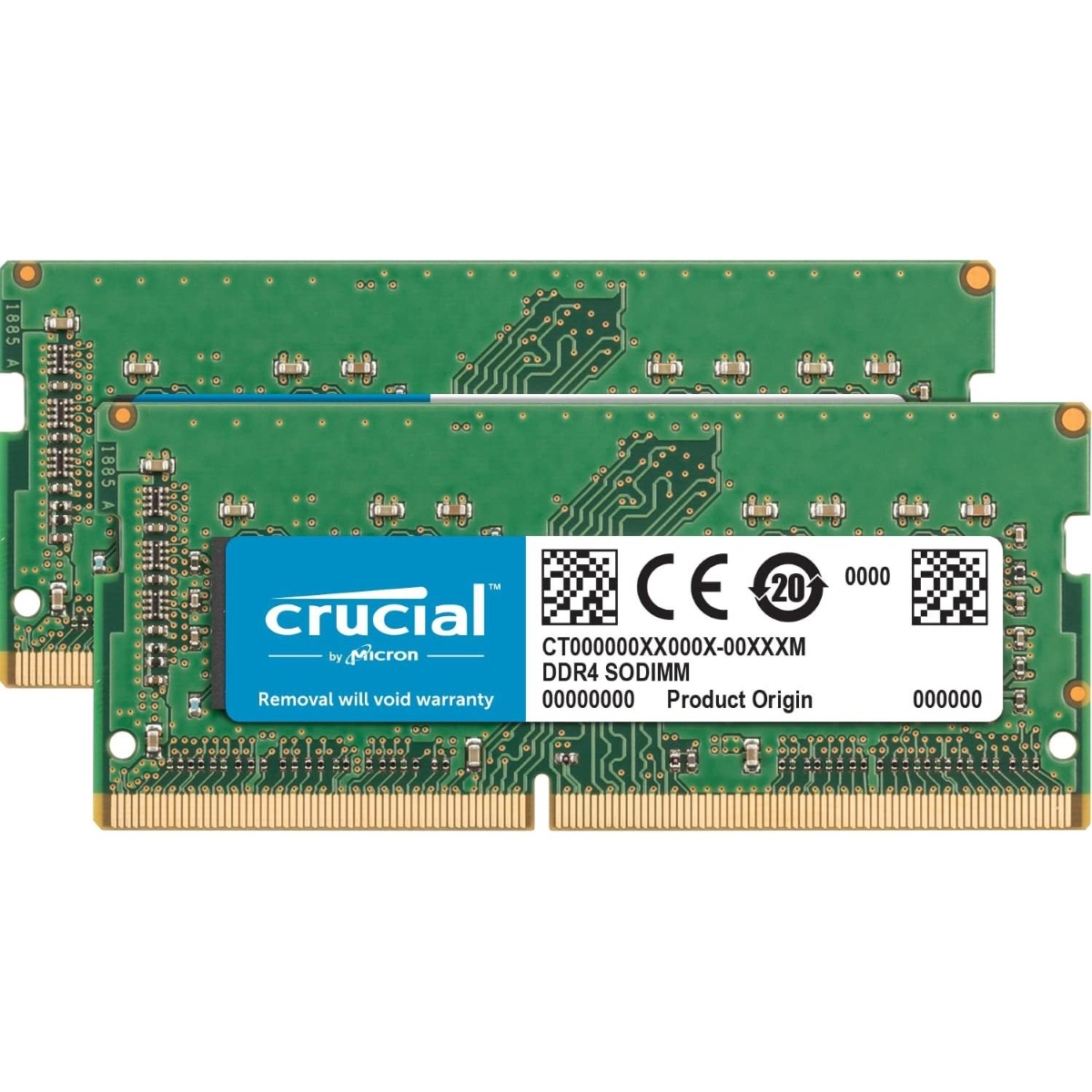

Storage Space (Not all Storage is Created Equal!)
A good gaming laptop really doesn't have a specific amount of storage that you'll need. It's more dictated by how many games and programs you need to install. Including any other files such as videos and pictures you want to save onto your computer. You can get away with having just 256GB of storage. Though, as some games can be 100GB+ each, you may find this quickly fills up! It's not fun having to delete games to make room for something else. Plus, it's much more satisfying when you can browse a full Steam library. (Steam is a game library, storefront and launcher).
We recommend a minimum of 512GB of storage space. You can sometimes find models with a smaller SSD and a larger HDD (explained below). But, you're always better with the largest SSD your budget allows. You can get quite in depth with this and even pick SSD's with different read and write speeds. The higher numbers the better usually if you're looking for the top dog. For most gaming applications though, just having an SSD is a good choice, without getting too in depth about it.
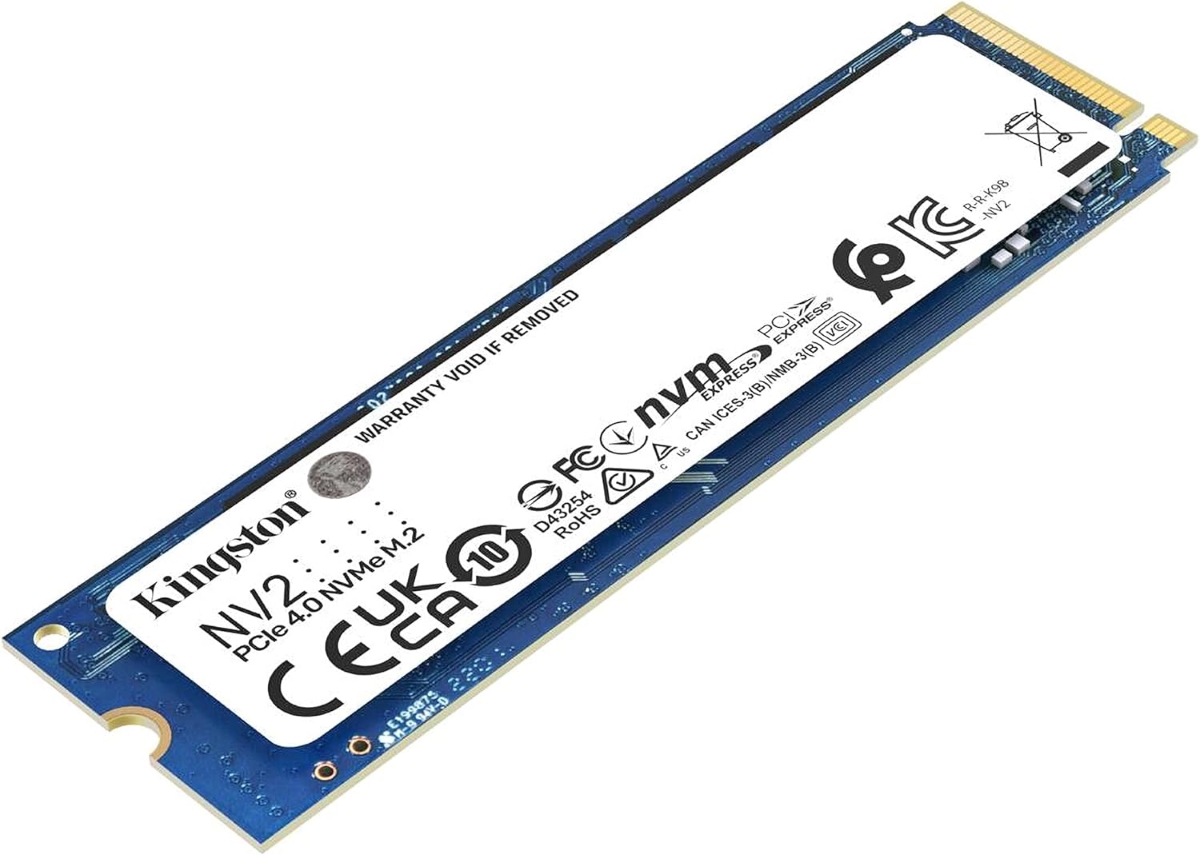

Solid State Drive (SSD)
A Solid State Drive (SSD) is the preferred option these days. They're incomparably faster than any Hard Disk Drive. So, your games will open faster, loading screens will be shorter and using the device will feel faster. In most cases laptops come with a SSD as standard, with few models including a HDD. They also excel in storing and transferring large files. A large file will take much longer to transfer on a HDD than a SSD.
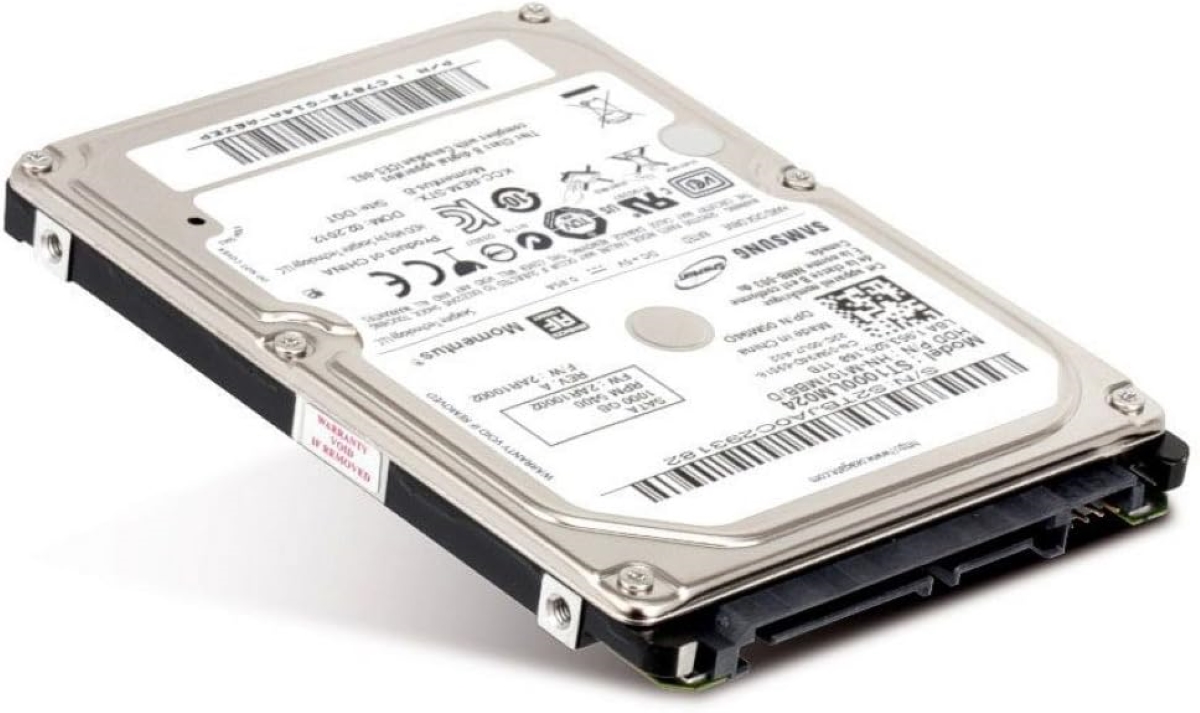

Hard Disk Drive (HDD)
A HDD is slower than a SSD in every way, but that isn't to say they don't have a use case. A SSD is significantly more expensive than a HDD as a price-per-gigabyte of storage. Due to this, it's a good compromise to use a smaller SSD for running the system from, with a larger HDD for storage. This is a common configuration in gaming laptops.
Gaming Laptop Battery Life (Or Lack Thereof)
Battery life is another important factor to consider if you think you'll be away from a charger. The size of the battery installed determines how long you can play before you run out of power.
Typically, a gaming laptop will include a standard battery capacity of between 2 and 4 hours. However, some models offer longer battery life (and some less!). On higher-end machines, you can find something called a MUX Switch. A MUX Switch allows the computer to toggle between the low-power built-in graphics and the full power graphics card. This can increase battery life hugely when properly used.
